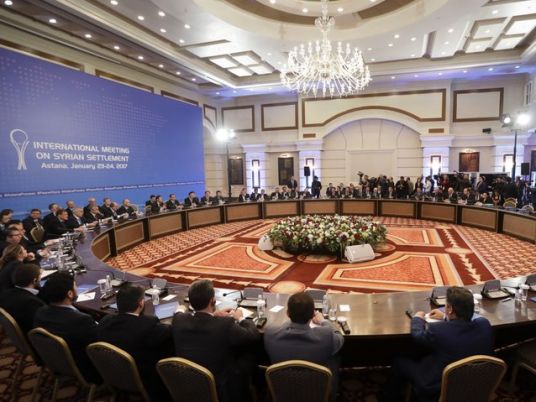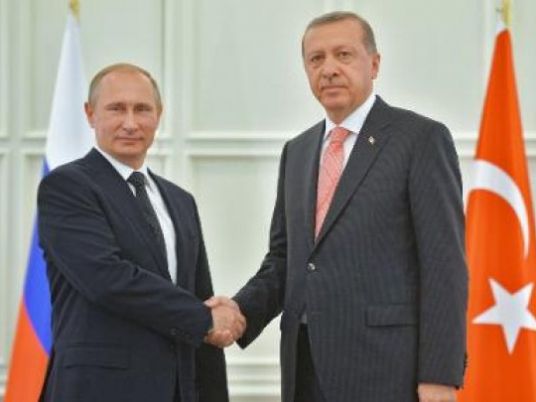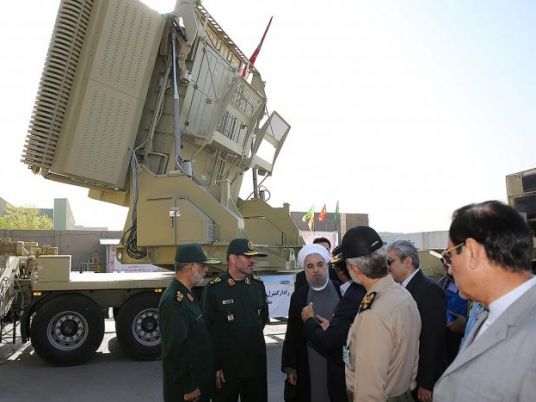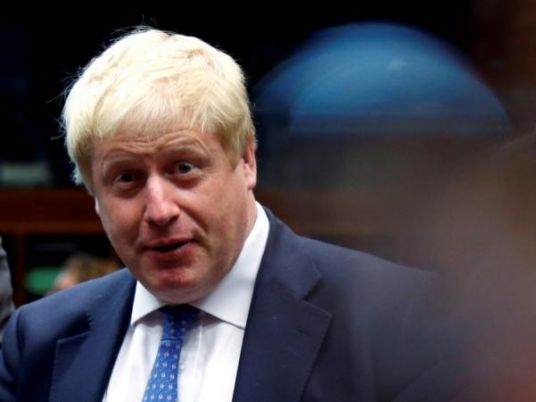
The major backers of Syria's warring parties met Thursday in Vienna to narrow their differences ahead of talks billed as a last chance to pull the country back from destruction.
The United States, which supports some of Syria's rebel factions, put aside decades of enmity and met Iran, long-standing sponsor of Bashar al-Assad's regime.
After their meeting, US Secretary of State John Kerry and Iran's Foreign Minister Mohammad Javad Zarif were to meet separately with their Russian counterpart Sergei Lavrov.
Their discussions in the antechambers of Vienna's grandest hotels were a prelude to Friday's broader dialogue between more than a dozen powers, including Iran's foe Saudi Arabia.
The United States and its Arab and Turkish allies have long been at odds with Assad's backers Russia and Iran over if and when the Syrian strongman should step down.
But a refugee exodus and the rise of the Islamic State jihadist group have forced the world to look again at a conflict that has left a quarter of a million dead.
"Apparently those who have tried to solve the Syrian crisis reached the conclusion that without Iran's presence there will be no possibility of reaching a rational solution," Zarif said on arrival in Vienna, according to Iranian state news agency IRNA.
US officials expressed a cautious hope that the players would agree the outline of a transition that would see Assad step aside in favour of an interim unity regime — at some point, and perhaps not as quickly as they had hoped.
"Most Westerners have adopted a more realistic stance on Syria and sort of accepted the idea that Assad will remain at the helm for a transition period," said Karim Bitar of the Institute for International and Strategic Relations.
The stumbling block to a breakthrough could come from US allies such as Saudi Arabia and Turkey, he added.
Just a start
Kerry and Lavrov were scheduled to hold multilateral talks with their counterparts from Saudi Arabia and Turkey later Thursday, just as they had last week without a breakthrough.
Friday will see the first time that all the major foreign players in the conflict — the United States, Russia, Iran, Saudi Arabia and Turkey — are in the same room.
Representatives from Britain, Egypt, France, Germany, Italy, Lebanon, the European Union and possibly other Arab states, were also expected to attend.
"The only solution for finding an end to the Syrian crisis is to put as many parties as possible around the table," a senior European diplomat said.
"In doing that, the opening of negotiations — even if it's just a start — is a good thing."
So far there has been no mention of either the Syrian government or the opposition taking part.
A way 'out of hell'
Kerry has warned that this week's talks may not secure an immediate political solution but nevertheless represent the best hope available.
"While finding a way forward on Syria will not be easy — it's not going to be automatic — it is the most promising opportunity for a political opening we have seen," he said.
"The challenge that we face in Syria today is nothing less than to chart a course out of hell," he added, in a speech shortly before he set off for Austria.
Washington accuses Russia of concentrating its air campaign in Syria on moderate opposition groups opposed to Assad's rule and backed by the West.
Moscow says its bombing campaign targets only IS jihadists and also other "terrorist" organisations.
But Kerry insists the rivals also share "common ground", arguing both want "a united, secular Syria" in which citizens choose their own leader through elections.
French Foreign Minister Laurent Fabius said Wednesday that France and its allies had agreed on the need for a "precise timetable" for Assad's departure.
The dynamic in the Syrian conflict shifted after Russia launched its air campaign on September 30, saying it was targeting Islamic State group fighters.
Nearly 600 people have been killed in Russian air strikes, the Syrian Observatory for Human Rights said Thursday.
Russia now appears to have carried out strikes in southern Syria's Daraa province for the first time in an apparent expansion of its campaign, the Britain-based watchdog said.
Iran is also believed to have thousands of troops under its command fighting in Syria to support Assad's forces.
The Pentagon has announced plans to step up attacks on IS jihadists in Syria and Iraq, including even possible "direct action on the ground".




